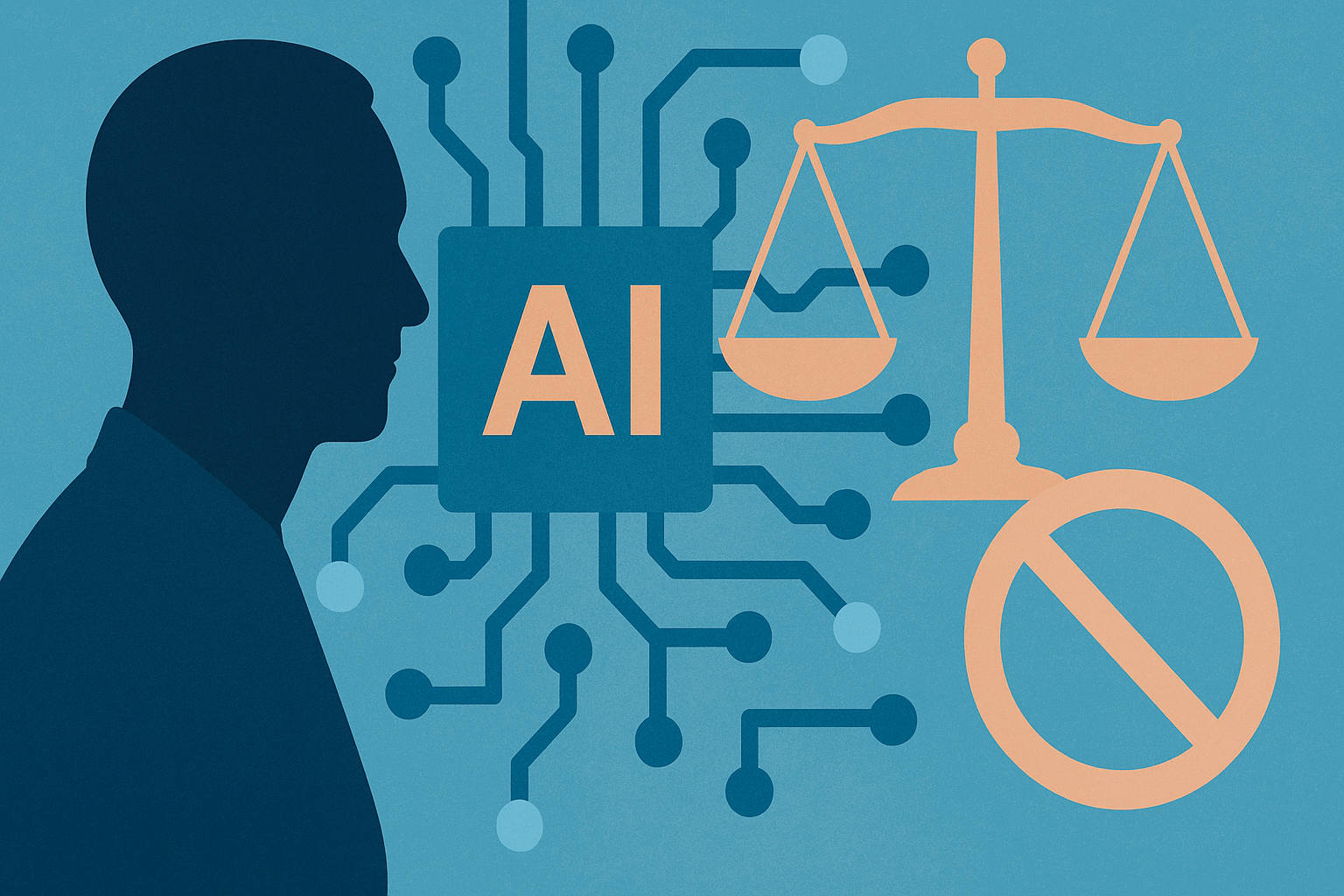The head of French technology giant Capgemini, Aiman Ezzat, has urged the European Union to suspend its landmark Artificial Intelligence Act, arguing that the legislation is outdated, overly restrictive, and could stifle innovation across the continent.
“Regulating What You Don’t Understand”
Speaking to the Financial Times, Ezzat criticized the EU’s regulatory approach, warning that the AI Act, which is set to take effect in 2024, fails to keep pace with the rapid evolution of artificial intelligence.
“We should really suspend this AI Act, which is not conceived the right way,” Ezzat said. “You don’t try to regulate something you don’t understand.”
He cautioned that Europe could not afford more layers of regulation at a time when global competition in AI development is intensifying. “The only way out for Europe is to deregulate, not overregulate,” he added.
Europe’s Struggle for Tech Sovereignty
Ezzat’s comments come amid broader debates over Europe’s technological sovereignty, as policymakers grapple with how to reduce reliance on the U.S. and China in critical technologies. While Brussels sees the AI Act as a way to promote ethical and safe innovation, many industry leaders argue that it could instead deepen Europe’s innovation gap.
The Capgemini chief described “absolute tech sovereignty” as unrealistic given Europe’s current capabilities, warning that excessive emphasis on independence could hinder progress:
“Sovereignty should not become an impediment to technology adoption. It’s dangerous because it can become the biggest obstacle to competitiveness in Europe.”
Calls for a Smarter Approach
Ezzat urged EU policymakers to take a more flexible and pragmatic approach to technology governance. He argued that Europe should leverage its strong industrial base through better use of data and innovation, echoing recommendations from a recent report by former Italian Prime Minister Mario Draghi, which linked slow tech adoption to declining European competitiveness.
“The sovereignty aspect needs to be addressed,” Ezzat said, “but it must be done in an intelligent manner.”
A Broader Context: Europe’s Innovation Challenge
Europe continues to lag behind the United States and Asia in key areas of digital transformation, a gap attributed to market fragmentation, limited investment, and bureaucratic red tape. The AI Act, which categorizes AI systems based on their risk levels and imposes strict compliance obligations, has been met with growing concern from business leaders who fear it could discourage innovation and drive AI startups abroad.
As the EU prepares to implement the legislation in 2024, Ezzat’s remarks add to a growing chorus of voices calling for a rethink — and perhaps a temporary pause — on what is set to become the world’s most comprehensive AI regulatory framework.








